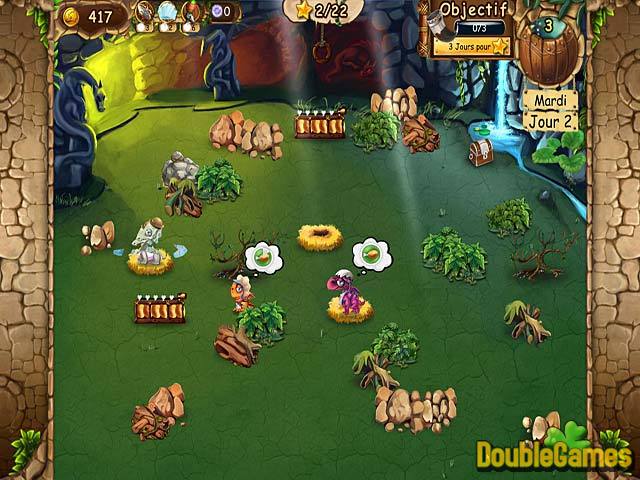
In most cases, a bearded dragon starts to brumate between 10 to 24 months of age. Unfortunately, that question cannot be answered with any certainty. You may be thinking, “At what age will my bearded dragon brumate?” If you notice signs of rapid weight loss, or if they begin to look thin and malnourished, then check for parasites or major health problems. They should not lose more than 50 grams of body weight during brumation. You will need to keep a close eye on your Beardie during this time.Ī healthy bearded dragon will weigh between 300 to 500 grams. Many signs of brumation can also be signs of health issues. This lack of eating will subsequently be followed by a lack of poop. Because of this, they do not need to eat as much as usual. Even if your dragon is awake, it will be less active during brumation.Īnother common sign is a decreased appetite.īearded Dragons use their fat reserves to survive brumation. The increased time spent sleeping is also accompanied by a decrease in activity. Instead of being awake during daylight hours, they will spend most of their time asleep in a hide. This helps them to reduce the amount of energy they spend. Your Beardie can show signs of brumation at any time, but they typically show the following signs when their tank’s temperature is decreased:ĭuring brumation, your Bearded Dragon will be sleeping much more than normal. There are some clear, and some not-so-obvious, ways to tell if your Bearded Dragon is brumating. They can be brumating, but not sleeping the entire time. Instead they will become less active, less hungry, and sleep more. It is likely they will not go into a deep sleep for several months at a time. Keep this in mind when watching your brumating Beardie. This means that some bearded dragons can leave their dens during the winter if the temperature is sufficiently warm. If a brumating dragon’s internal temperature rises they will wake up, even if winter has not finished. Mammals that hibernate are difficult to wake up, reptiles in brumation are not. The main difference between hibernation and brumation is how easily an animal wakes up from their deep sleep.

They will then live off this excess when they go into brumation. a day or two), but when the temperature is too low for too long, survival becomes difficult, especially for cold-blooded animals.īrumating allows bearded dragons to survive cold winters which they normally would not be able to.īefore a Bearded Dragon starts to brumate, they will eat lots of food to build up nutritional reserves. Many animals can survive low temperatures over a short period of time ( i.e. This is why you can find Beardies sunning themselves on cold days, or seeking shade and staying out of the sun in the middle of a hot day. Instead, they must use external sources to heat or cool their body. mammals).įor this reason, your Bearded Dragon will brumate, but will not hibernate.īearded dragons brumate because they cannot internally regulate their body temperature.

reptiles) and hibernation is linked with warm-blooded animals ( e.g. Although brumation is associated with cold-blooded animals ( e.g. It is a process very similar to hibernation that many reptiles go through.īrumation and hibernation are terms often used interchangeably, as they mean the same thing. Animals normally build a burrow and go into a deep sleep until the temperature rises again. Bearded Dragons normally brumate during the Southern Hemisphere’s winter in June, July, and August. Summary What Is Bearded Dragon Brumation?īrumation is a period of dormancy that bearded dragons use to survive during the colder months in Australia.Do Bearded Dragons Eat or Drink During the Brumation Period?.Is A Bearded Dragon Dead, Sick or Brumating?.
#DRAGON KEEPER 2 CAVE 4 BLACK DRAGON HOW TO#


 0 kommentar(er)
0 kommentar(er)
